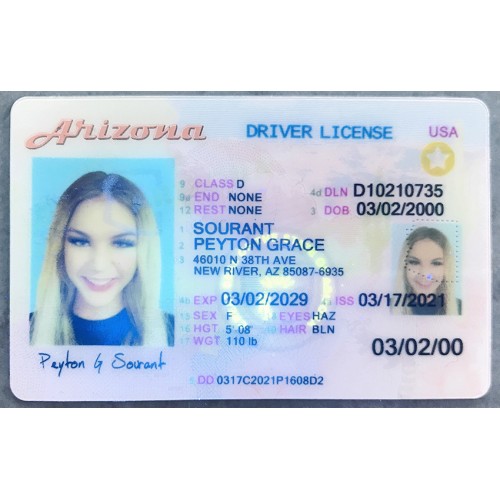Service Dog Fake Id
2024-10-03 2024-10-03 0:30Service Dog Fake Id
Service Dog Fake Id
Service dogs play a crucial role in assisting individuals with disabilities to live independently and participate fully in daily activities. These well-trained dogs provide various types of assistance to their owners, including guiding visually impaired individuals, alerting individuals with hearing impairments to important sounds, and providing physical support to individuals with mobility limitations. Service dogs undergo rigorous training to develop the necessary skills to assist their owners effectively, and they are protected under the Americans with Disabilities Act (ADA), which allows them to accompany their owners in public places where pets are typically not allowed.
As service dogs have become increasingly recognized for their valuable contributions to individuals living with disabilities, the demand for these specially trained animals has grown. Unfortunately, some people may attempt to take advantage of this trend by misrepresenting their pet dogs as service animals. This unethical practice undermines the rights of individuals with legitimate service dogs and can create challenges for businesses, organizations, and public spaces that are required to accommodate service animals under the law.
One concerning trend that has emerged in recent years is the use of fake service dog identification (ID) cards. These counterfeit cards typically feature logos or emblems associated with legitimate service dog organizations, along with fabricated details about the dog and its owner. Individuals who obtain fake service dog IDs may present them to businesses or landlords as a way to gain access to places where pets are prohibited or to avoid paying pet fees in rental housing.
Using a fake service dog ID not only misrepresents the true nature of the animal but also undermines the credibility of legitimate service dog teams. Service dogs undergo extensive training and evaluation to ensure that they have the skills and temperament to assist individuals with disabilities. By presenting a fake ID, individuals are falsely claiming that their dog has met these rigorous standards, which can have serious consequences for individuals with legitimate service dogs who rely on their animals for essential assistance.
In addition to the ethical implications of using a fake service dog ID, there are legal consequences as well. Under the ADA, it is illegal to misrepresent a pet as a service animal in order to gain access to places where pets are not typically allowed. Violating this law can result in fines or other penalties, as well as damage the credibility of service dog teams and the organizations that support them.
To combat the use of fake service dog IDs, businesses and organizations can ask individuals with service dogs to provide documentation of their animal’s training and certification. While service dogs are not required to be registered or certified in the United States, many legitimate organizations provide identification cards or vests for their trained dogs. By verifying the legitimacy of a service dog team, businesses can ensure that they are complying with the ADA while also upholding the rights of individuals with disabilities.
It is important for the public to be aware of the dangers of using fake service dog IDs and to understand the impact that this unethical practice can have on individuals with disabilities. By supporting and respecting legitimate service dog teams, we can uphold the values of inclusion, independence, and equal access for all individuals, including those who rely on the assistance of service animals. Let us work together to ensure that service dogs and their owners receive the respect and accommodation they deserve, without facing the challenges posed by fake service dog IDs.










